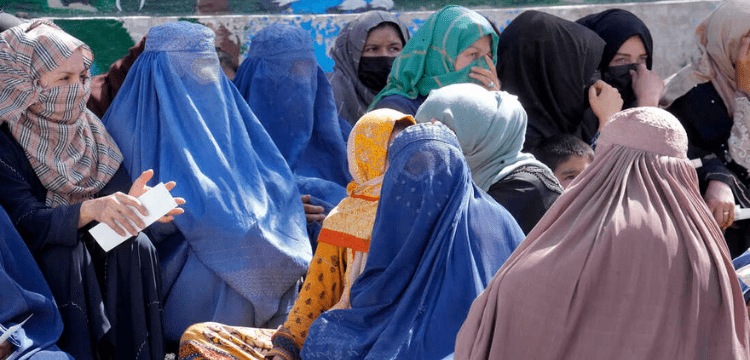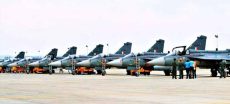[vc_row][vc_column][vc_column_text dp_text_size=”size-4″]Teenage girls pore over Islamic texts in a chilly classroom in the southern Afghan province of Kandahar, the birthplace of the Taliban movement, as the disembodied voice of a male scholar emanates from a loud speaker.
Pupils at the Taalum-ul-Islam Girls’ Madrasa, or religious school, take turns emailing questions to the scholar on the class laptop, where male teachers are forbidden from hearing the voices of female students in person.
According to staff members who granted Reuters rare access to the Kandahar madrasa in December, the number of students has roughly doubled to around 400 in the last year, owing to the Taliban administration’s decision to bar girls and women from most secular high schools and universities.
Other female religious schools in Afghanistan have seen significant increases in enrollment, according to Reuters, following visits to four madrasas – two in Kandahar and two in Kabul – and interviews with more than 30 students, parents, teachers, and officials from ten provinces.
“The number of students has increased by around 40% as a result of school closures,” said Mansour Muslim, who runs a madrasa primarily for teenage girls in north Kabul. “We now have approximately 150 students.”
Mursal, a 17-year-old student at the school, said she started three months ago. While she appreciated the religious education, she described her situation as limiting.
“Due to the closing of schools, the number of students has increased by around 40%,” said Mansour Muslim, who runs a madrasa mainly for teenage girls in north Kabul. “We now have around 150 students.”
One of the students at the school, 17-year-old Mursal, said she had joined three months ago. While she welcomed the religious learning, she said she found her situation limiting.
“I want to finish my schooling,” said Mursal, whose parents asked for her surname to be withheld to protect her privacy. “I wanted to be a doctor in the future, but now I think it’s impossible. If you come to a madrasa you just can be a teacher.”
The US State Department declined to comment directly on girls’ madrasa attendance. In response to the school restrictions, a spokesperson stated that education is an internationally recognised human right and is critical to Afghanistan’s economic growth.[/vc_column_text][/vc_column][/vc_row][vc_row][vc_column][vc_column_text]
[/vc_column_text][/vc_column][/vc_row]











